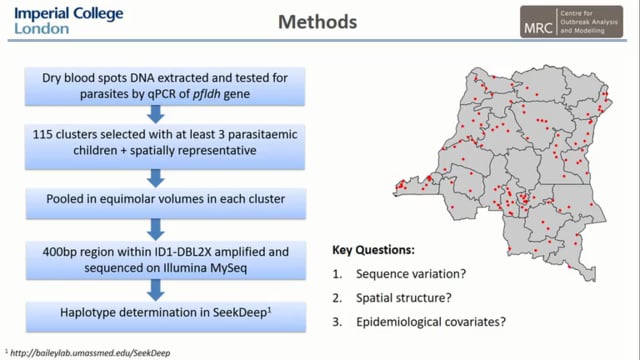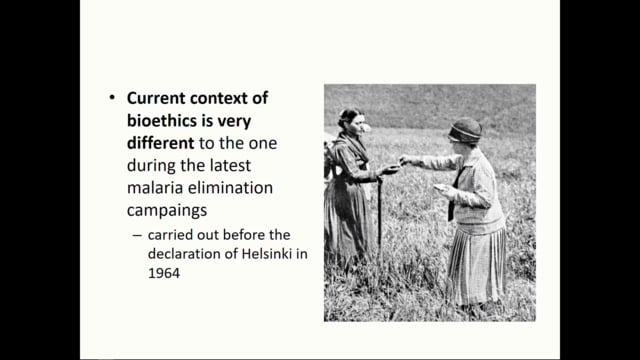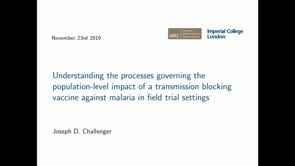Last Updated: 02/12/2024
Exploiting cross-reactive, conserved epitopes in Plasmodium vivax to develop a vaccine against falciparum placental malaria
Objectives
The long-term goal of this project is to develop an alternative approach to a vaccine against pregnancy-associated malaria that targets highly conserved, subdominant (even cryptic) epitopes. What is unique about this approach is that it exploits a mechanism of cross- species immunity, where epitopes from one Plasmodium species elicit robust, broadly neutralizing antibodies against structurally related antigens from another species.
This goal to develop a vaccine to protect pregnant women from falciparum placental malaria that is based on the cross- reactive epitope in vivax SD1 will be achieved through three complementary specific aims:
- Epitopes required to elicit functional, cross-reactive antibodies will be identified in Aim 1 through conformationally constricted peptide microarrays screened with mouse monoclonal antibodies (mAbs) and human mAbs to SD1 isolated from Colombian study populations.
- Epitopes will be synthesized as peptide- conjugates or within engineered recombinant domains, and immunogenicity will be optimized in Aim 2 to produce antibodies with functional activity against parasites that express diverse alleles of var2csa.
- In the third Aim, the cryptic epitopes in VAR2CSA recognized by these antibodies will be mapped to identify the targets of antibodies elicited by an SD1-derived vaccine.
The integration of these findings will provide important insight into the mechanism of cross-species epitope recognition, which will serve as the basis for a vivax vaccine against falciparum placental malaria and could be applied more broadly to vaccines against other malaria antigens.
A vaccine is urgently needed to protect pregnant women from malaria infection and the devastating effects of this disease on maternal and child health. Two vaccines are in early-stage clinical trials and both target domains within the protein VAR2CSA, which is the major surface antigen expressed by Plasmodium falciparum placental isolates. This protein binds to receptors in the placenta and mediates the sequestration of infected red blood cells (iRBCs), underpinning the pathogenesis of placental malaria. However, VAR2CSA is under strong immune selection and is highly polymorphic; this compromises vaccine efficacy by limiting the breadth of protection against diverse alleles. Polymorphic antigens present a ubiquitous challenge in the development of malaria subunit vaccines.
Enabling Technologies & Assays
P. vivax
Vaccines
Vulnerable Populations
Mar 2020 — Feb 2025
$1.32M
Exploiting the immunological cross-reactivity between Plasmodium species for vaccine development


